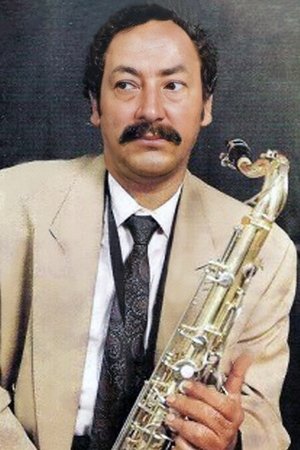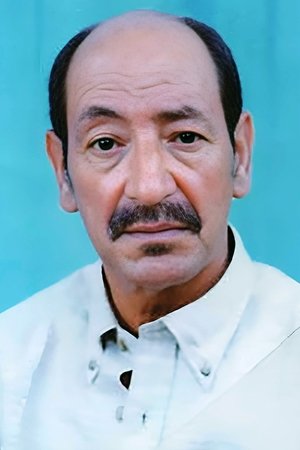Messaoud Bellemou (b. 1947)
Alias:
مسعود بلمو
Birthplace:
Aïn Témouchent, Algeria
Born:
January 1, 1947
Messaoud Bellemou (Arabic: مسعود بلمو) is an Algerian musician. Born in 1947 in Aïn Témouchent, he greatly influenced modern raï from its beginnings. Often nicknamed as the "father of modern raï", he first became known as a trumpeter, subsequently playing other instruments such as the saxophone, violin and accordion. He is the one who made the connection between the ancestral gasba (the flute) and the trumpet, thus modernizing the traditional raï. Messaoud Bellemou comes from a family of farmers. At the age of 10, he played the bugle and joined the local brass band. He often attends rural raï concerts - the traditional form of raï with flute, guellal and slender percussion - as well as performances by local stars like Cheikha Ouachma, Cheikha Bekhta and Cheikh Brahim. At 18, Bellemou decided to play the raï by replacing the flute with the trumpet, a style that he honed with Belkacem Bouteldja. From 1964 to 1968, he covered Oran blues tunes performed for centuries on a reed, making him the creator of the pop version of raï. With his group, he played all over the country without meeting much success. He recruited musicians like Hamani Hadjoum or Younés Benfissa, and together they made their first recording in 1973 in Oran at Zed el-Youm Edition: the 45 rpm Sidi H'bibi which was followed by others contains texts too licentious for the era. In a village near Aïn Témouchent, Bellemou discovers Sghir Bouteïba, a singer with a full voice who then sings in an allusive way Ya moulat el-villa1. In 1975, his troupe performed in the Biarritz nightclub on the Corniche Oranaise. The trumpeter is then joined by Belkacem Bouteldja. Until 1982, the raï of Bellemou attracted audiences from the west of Oran to its concerts. Many artists were inspired by pop raï, notably Cheb Khaled and Cheb Mami, who popularized the genre. Younger groups like Fanfaraï Big Band also count Bellemou among their inspirations.






